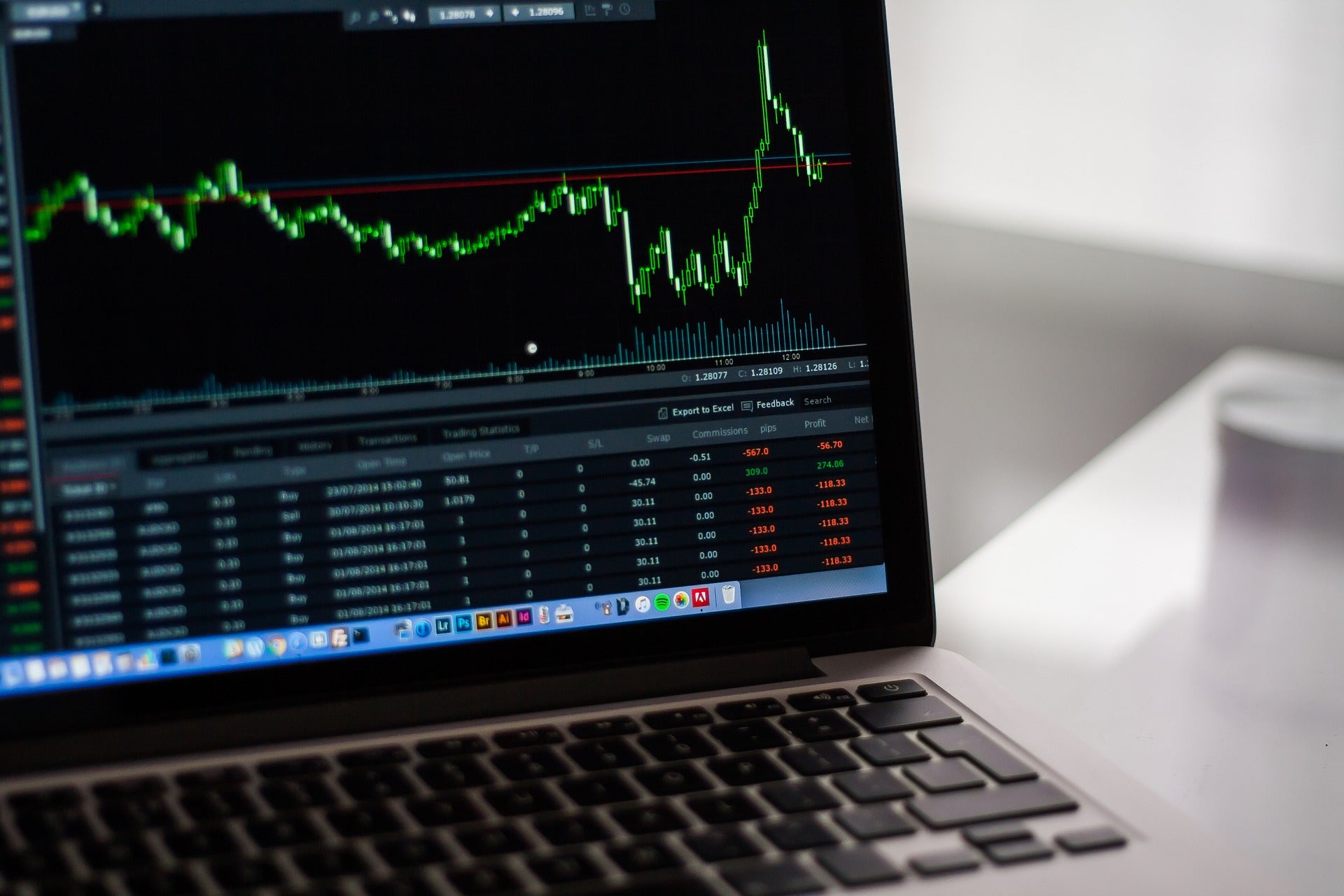The cost of being out of the market
THE BIGGER PICTURE ·
As stock market prices have sharply declined this year, many investors have sold into a declining marketJEREMY BLATCH
Friday, 24 June 2022, 18:38
As stock market prices have sharply declined this year, many investors have sold into a declining market. Many live in an extreme state of anxiety while prices continue to fall further and their pension plans and investments post losses at a time when the cost of living has increased and the policy of central banks is debasing the purchasing power of fiat currency.
Among the many older investors forced into risk assets as safe assets yield a negative real return, more will be contemplating selling or changing their investment strategy - if they have one. In theory, those actively managing money can try one or a combination of these four ideas:
1) Time the market (sell what has gone down to buy what is going up or revert to cash)
2) Select specific stocks or groups of stocks
3) Make timely changes to strategy
4) Develop a superior long-term investment philosophy.
To succeed, all but the last require: a) being in the market when prices are rising and out of the market when prices are falling; or b) moving from asset groups that have underperformed the market to those expected to outperform. For the majority of investors using these methods, long-term success is illusory. The regulator demands that all known information on a security is made available to all market participants at the same time. Therefore, it is well-nigh impossible to gain a competitive edge in the publicly traded market. The only guaranteed winner is the broker or croupier, who takes a trading commission at a cost to the investor.
Investment history shows that the very first weeks of a recovery return a large portion of future gains. On average, the market does just as well when the investor is in it as when he or she is not. It is the investor who loses money by being out of the market for part of the time. An academically peer-reviewed study found that all the total returns in 20 years, compounded from 10,000 trading days, was achieved in the best 35 trading days. (Imagine if we could work out in advance which days those would be!) A similar study found that missing the best five days out of 72 years would reduce cumulative compound returns without dividends by nearly 50%. If missing just the best 10 days over 112 years (10 days out of 49,910 days), 75% of total gains would have been lost.
One of the ways investors hurt themselves over the long run is to get frightened out of the market when the market has been ugly and as a result miss the critical best days. Behaviour errors are the single biggest reason for the permanent loss of capital because the market can remain irrational longer than we can remain solvent. Weathering the storm and staying in the market in the bad times will reward patient investors when the market reprices.
